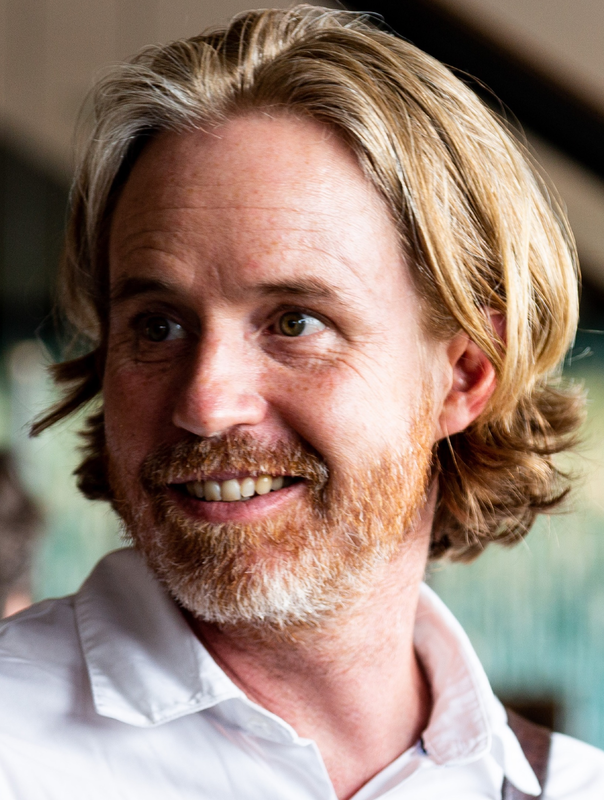|
These class notes may be valuable to anyone responsible for leading complex project teams. The notes form part of the module "Project Organisation" that I teach to Masters of Project Management (MPM) students in the Engineering Faculty at the University of Pretoria. The module looks at the unconscious dynamics affecting project teams as systems within a wider systemic context. Introduction to Module Managing projects is complex and requires a high degree of competence in a variety of disciplines. Although the project manager may not need to be an expert in any of the disciplines composing 'project management', he or she has to be good enough in each of them, plus be an expert in putting it all together. One of the most challenging tasks of a project manager is making sure that the people involved in making the project a success, work together optimally. This is complex. Project teams often consist of people representing a variety of roles, competencies, departments, hierarchical levels and institutions. Moreover, the people comprising the project team often don't share the same physical workspace, nor the same reporting lines in terms of authority and accountability. How can the project manager ensure optimal synergy between so many variables over which he or she has very little, if any, control?
In this module we will focus on a set of key ideas to enable you to be become a 'good enough' project manager when it comes to bringing together the human resources necessary for project success. Yes, 'good enough' is actually 'good enough'! You don't need to be a team dynamics expert or a psychologist to make sense of people's behaviour and how to optimally channel energy towards goals. In fact, trying to be the 'perfect' or 'ideal' project manager can actually be detrimental to your performance. Because you will fall short. And depending on how you have constructed the 'ideal' in your mind, your failings and mistakes may fill you with guilt, shame or self-loathing. This is non-productive use of your energy. However, if you try to be good enough, given the circumstances and given your own limitations, chances are better that when you do fail you may be more inclined to do the curious introspection required in order to understand, learn, adapt and continue. Whether you are a psychologist, teacher, engineer, accountant, brick layer, plumber or CEO, we all only have one direct point of access to the human condition, and this is ourselves. I want to encourage you in this course to take your own experience, gut feel and emotions seriously as you figure out how to best respond to the people-related challenges facing your team. This module is about how to best organise your team in order to allow for an optimal utilization of the human resources (energy, thinking, curiosity, imagination, creativity, resilience etc.) available to the team. And this organisation of your team and your project is not a static task which is done once and then expected to hold, direct, monitor and drive project success ad infinitum! No, organising the human resources composing your team is an ongoing, never-ending task. It requires the ability to sense and respond appropriately, from moment to moment. As well the willingness to pause and reflect when things don't seem to work. The buck stops with you. Although you may not be in control of the budget available for the project, and although you may not be able to micro-manage every minute task of each of your team members, it is your responsibility not to leave any stone untouched when it comes to making sure that project objectives are met. This is a hard, but a special task. And it may be the reason why you are drawn to project management as a profession: you turn ideas and goals into reality, despite the many foreseen and unforeseen obstacles in your way. And seeing that dealing with unforeseen obstacles is part and parcel of the job, there are usually not much tolerance for excuses. Due to this complexity and pressure to be able to respond to the unforeseen, this module would prove worthless if it merely attempted to 'teach' you techniques or recipes for managing people. Firstly, we cannot manage people. We can, at best, manage the boundaries within which people have to manage themselves. Secondly, recipes or techniques aren't worth much if you don't have a good enough understanding of the problem you are dealing with. This module will introduce you to a set of ideas and concepts, born from the application of psychoanalysis to management, that will enable you to make sense of the dynamics affecting your team, as well as how to respond to what you are sensing.
0 Comments
Your comment will be posted after it is approved.
Leave a Reply. |
This blogThis blog serves as a journal of thoughts, reflections, opinions, case discussions and lecture notes that I have created as part of my work with clients, students and colleagues. Plus some stories of journeys to faraway places. Categories
All
AuthorRead more about me here. Contact me: jean@tiltinternational.com Archives
March 2025
|
Copyright Dr. Jean Henry Cooper
Contact me: jean@tiltinternational.com


 RSS Feed
RSS Feed
